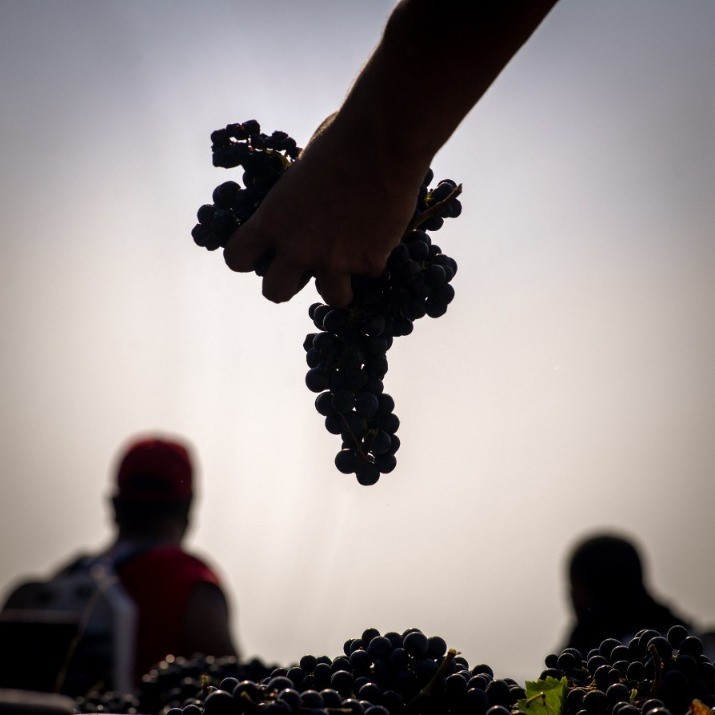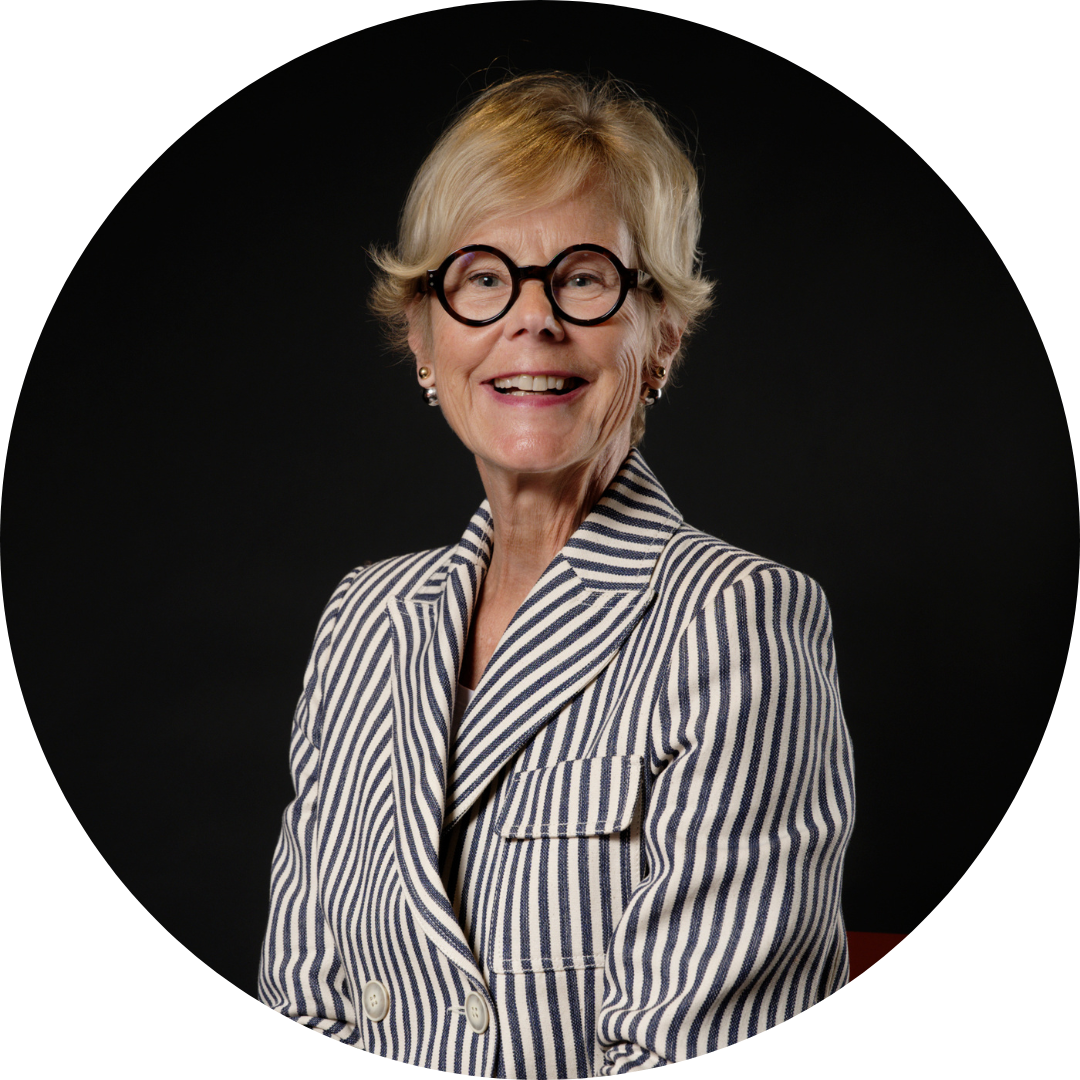“We are committed to providing our customers with the best possible long-term support”
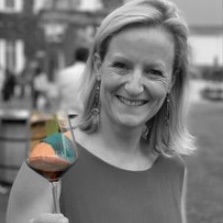
Aurélie QUELLIEN
Head of Wine Transactions for the Société Générale Group
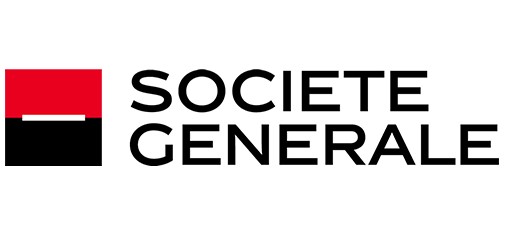
Gerda: Can you give us an overview of the role of the banks in supporting the Bordeaux wine industry ?
Aurélie Quellien: For a long time, we’ve played an important role in the wine industry, whether in terms of production, stock financing or, of course, wine marketing, as well as in wine-related activities such as printers and coopers, to name but a few. It’s a very cyclical business, but Société Générale has always supported its customers, whatever the market situation. We have a medium- to long-term view of our customer relationships. Société Générale was founded 160 years ago by business leaders. They brought a vision of partnership to the banking relationship, a 360° vision with our private banking, financing and advisory services. The notion of time is important. We assess a property not only on its annual productivity and the quality of the owner’s management, but also over a longer period of at least five years. It’s true that the current context is complicated. Some owners and negociants are finding it difficult to cope with the historical turbulence in the market.
Economic Impact of Wine in Our Region
GB: How would you assess the economic impact of the wine industry on the Bordeaux region?
AQ: The wine industry is one of the main economies in the region, not just in terms of production and trade, but also including suppliers and even top-of-the-range car dealerships! It has a huge impact on the region’s economic life. There’s a real issue at stake in the French wine market, particularly in the Bordeaux region: half the winegrowers will be over 60 years old in the next 5 years and half of them have no successor. This is a real problem, as well as an economic one.
That’s why, with my colleagues in the Business Centres and Private Banking, we’re keen to make our partners aware of the economic approach, of course, but also the asset approach to their wine estate or negociants. When a property is handed down within the family or to a third party, it can be heartbreaking when the succession is not organised after several generations. I’m thinking of a situation where an estate is owned by several children and the succession has not been prepared. One of the children, an agricultural engineer, wants to take over the property but unfortunately does not have the means to buy out his brothers‘ and sisters’ shares. That’s why it’s crucial to call on our estate engineers, who play an advisory role and can help avoid such situations. There are also owners who, approaching retirement age, prefer to sell to ensure their family’s financial security. They don’t want their children to be subjected to the vagaries of the weather and uncertain harvests, or to lead a difficult life. This means sacrificing their weekends at trade fairs and pulling all-nighters because of the weather. This is the reality for many owners, far removed from the glamorous image of the grands crus. Winegrowers have three roles to play: vineyard worker, businessman and manager. Being a good entrepreneur is essential for success in these areas, especially at this crucial time in our winegrowing history.
GB: How do you rate the financial situation of the Bordeaux marketplace?
AQ: It’s not necessarily difficult, but rather complex. We can describe a three-speed world in Bordeaux:
- entry-level wines: it’s complicated for these wines, and they’ve also been unlucky. Out of five harvests, they’ve only had two good ones, yet some estates have markets, often direct. These energetic producers take part in numerous trade fairs, and this can work out very well for them.
- the mid-range: wines selling for between €15 and €35, such as the very good Crus Bourgeois, Saint-Émilion, Côtes de Castillon, and even some Crus Classés. For these estates, the financial situation can also be very difficult. For them, it is vital to have a product that is well aligned with customer demand.
- Then there are 80 to 100 Ultra Premium brands for which, although it’s harder today, there are no financial difficulties. One solution could be to adopt the Champagne-style business model, by developing branded wines. This approach is working better and better in Bordeaux.
Financing & Investment
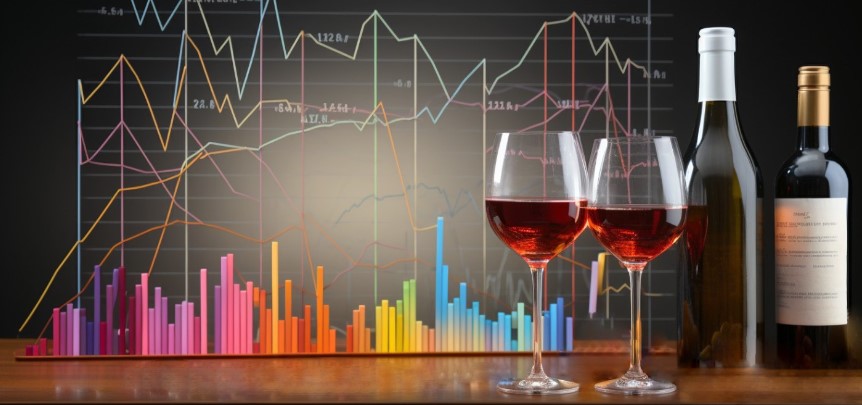
GB: What are the main challenges facing vineyard owners and the negociants?
AQ: The first challenge is consumption. Are our wines adapted to market demand? Are they still in tune with current tastes? Should I diversify my range of wines, by making fruitier red wines that can be enjoyed straight away without having to wait years, or by making white or rosé wines, or special cuvées? Consumers are changing and so are the moments they drink wine. There may also be a lack of wine culture among the younger generation. Young people often say: “We know Bordeaux, but it’s not for us’. Perhaps we need to continue to educate people about our wines.”
Another point: are the formats still appropriate? There have been a lot of changes in our society, such as the increase in the number of single-parent families, who may prefer to open a 37,5cl bottle and not want to open a 75cl bottle of wine in front of their children, even if they like wine. The current trend is to consume less and take care of our health. Perhaps more alcohol-free or low-alcohol wines should be developed? There’s plenty of scope for meeting these challenges. It’s also important to take into account the imperatives of CSR (Corporate Social Responsibility): carbon footprint, transport, employee well-being.
Another issue for this profession is the lack of workers in the sector. As we can see, there are a huge number of issues beyond overproduction. There is certainly an economic crisis here in Bordeaux, but there is also tough competition on the export market, where sales of foreign wines have increased enormously. Bordeaux wines, which 20 years ago had a lead in exports, have seen their position diminish considerably. 80% of sales of three quarters of our wines are made in just 10 countries. Was there a lack of foresight on the part of the owners and negociants? These are cyclical and structural issues, as well as inflation. We have half of the Crus Classés and similar estates as clients, and I say this with all due humility, because these Grands Crus necessarily have several banking partners, and so much the better, because they complement each other. We have never lent as much as we do today. Admittedly, there’s a great deal of caution when it comes to investment compared with 10 years ago, when we were building large wineries. Today, winegrowers are more cautious about their budgets for their projects. They think twice before buying a new tractor or prefer to buy second-hand. Fortunately, there are always projects, and we support them. Some winegrowers have taken out PGEs (State Guaranteed Loans) and are finding it difficult to convert them into normal loans or to repay them. We need to do this this year. There is some concern about the 2023 balance sheets. Our customers are well supported by a team of 9 people at Société Générale dedicated to the wine industry. We are very close to our customers and try to anticipate their financial needs.
There are many challenges in the sector, in addition to the crises we are experiencing: first there was the covid crisis, then the rise in interest rates following the war in Ukraine, and the political uncertainties in our own country and those to come in the UK, to name but a few.
Faced with these high stakes, it’s difficult, but we remain confident. Wine has once again become France’s favourite drink, and we can sense the strength of the industry moving forward and perhaps continuing to reinvent itself.
With so much at stake, it’s difficult, but we’re confident. Wine has once again become France’s favourite drink, and we feel the strength of the industry moving forward and perhaps continuing to reinvent itself.
Trends & Innovations

GB: Have you observed any trends or innovations in the wine industry’s requests for funding in recent years?
AQ: Yes, there has been an increase in responsible financing. We offer loans at preferential rates with responsibility objectives that we define to measure. More traditionally, in the evolution of financing, we can see a trend towards greater caution on the part of the industry, as well as longer loans.
In the past, loans were for 3 to 5 years; today, they are for 7 years. We are also seeing an increase in leasing. This trend is not unique to the wine industry; it reflects a more general approach by entrepreneurs.
In the current market, it’s very important to keep a cool head, because there are good prospects: inflation is tending to fall and growth is expected to pick up again in 2025.
International Markets
GB: What role do the banks play in helping wineries and negociants navigate these conditions?
AQ: The main challenge for wine negociants is to set up short-term financing lines to manage their stock. It’s our role to support them as far as possible. Last year’s situation was already complicated. They knew that the 2022 campaign would be difficult with prices on the rise. Cautious negociants therefore immediately reduced their envelope for investment in primeur wines, because the cost of money was too high. Some of them have anticipated the turn of the market and reduced their stock levels. For this en primeur season, there is even greater demand for short-term financing and higher overdrafts.
As for the châteaux, there is a policy of keeping a certain level of stock when they can, either thanks to their self-financing capacity, or by applying for loans from their banks. But not everyone is so lucky. All this is reshuffling the deck a bit in terms of the organisation of La Place de Bordeaux. However, we have no precise statistics, because La Place remains an opaque market.
Vision Future
GB: Many properties have been sold to Chinese investors. Are you seeing a different profile of buyers recently?
AQ: This may also be linked to our clientele, with all due respect, but 9 out of 10 clients are French. The tenth could be a non-resident of Switzerland, Belgium or Luxembourg, but they’re often French anyway. There are few foreigners among our investors, because when you’re investing between €10 and €50 million, you need to justify the origin of the funds, and sometimes that can pose problems of transparency. We identify four main profiles among French investors:
Industry investors: winegrowers or trading houses, whether from the region or not, looking to increase their supplies.
Entrepreneurs who have been successful in business, perhaps having sold their company, and who, for tax reasons among others, are reinvesting in another business, possibly in wine.
Families looking to enjoy themselves, without the idea of creating a showgirl. Today, the profitability is as much financial as patrimonial. This investment is a marvellous way of passing on wealth to the next generation.
Very wealthy families or institutional investors looking to diversify their assets. A member of a large French family told me that, as well as diversifying his assets, buying a wine estate for his children could create a business and heritage rallying point and a connection to the land.
They would be able to meet up during the holidays in a place where they could put on their boots and walk through the vines. Returning to the estate during the harvest is a return to the real fundamental values that can unite the family. Although an increasingly financial approach is being taken to buying property, the dream of owning a property remains intact, which is wonderful.
Gerda BEZIADE has an incredible passion for wine, and possesses a perfect knowledge of Bordeaux acquired within prestigious wine merchants for 25 years. Gerda joins Roland Coiffe & Associés in order to bring you, through “Inside La PLACE” more information about the estate we sell.

